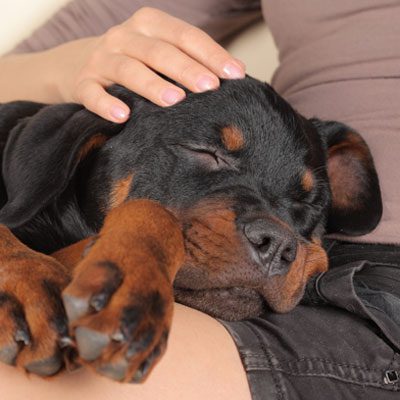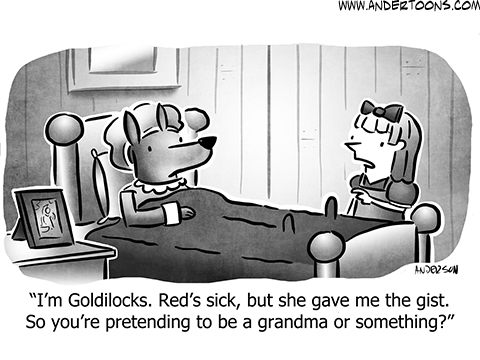Did you know that dental issues are one of the most overlooked aspects of dog care? Some of the most loving and attentive pet owners overlook their pups’ oral health. Fido can develop some very painful dental issues, so it’s very important for you to take care of his teeth. In this article, a Roanoke, VA vet lists some things that are good for your furry friend’s choppers.
Brushing
Fido’s toothbrush is your first and most effective weapon against doggy dental woes. Of course, you’ll need to get your pooch used to the idea. Start by just gently rubbing his teeth and gums. Then, slowly incorporate doggy toothpaste and, finally, a pet toothbrush. You don’t have to do your furry pal’s entire mouth every day. Just do one segment at a time, and keep rotating.
Fresh Water
Fresh water is crucial for many reasons, but it’s also extremely important for Fido’s oral health. Make sure your canine friend always has fresh, clean water. You may want to get Fido a pet fountain or an automated waterer.
Chew Toys
Chew toys help keep Fido’s bones and jaws strong. They stimulate the flow of saliva, which will help rinse food particles away. There are a few caveats here, however. First, be sure to get toys that are the right size for your furry buddy. Also, replace your pup’s toys when they start looking grimy.
Checkups!
Home care is important, but don’t forget about Fido’s dental exams. Most dogs should have their teeth checked at least once a year, starting at age one. If your canine pal is overdue for an exam, take a few minutes to schedule one today. You’ll also want to make an appointment if you notice any signs of dental trouble, such as bleeding gums, bad breath, swelling, and/or tartar buildup.
Doggy Dental Products
There are now quite a few products made with Fido’s oral health in mind. You can get your pooch kibble, treats, and/or chews that are specifically made to fight plaque and tartar. (Tip: try putting some pet toothpaste on a chew toy.) Dental flakes are another option. Oral rinses can also be very helpful in keeping your pup’s mouth healthy. Ask your vet for specific information.
Do you know or suspect that your pet has dental issues? Contact us, your local Roanoke, VA vet clinic, today!







